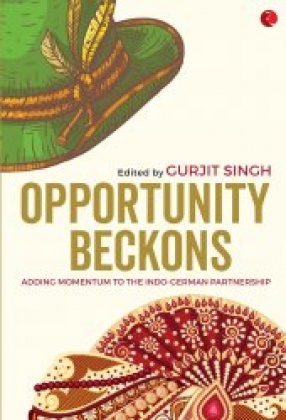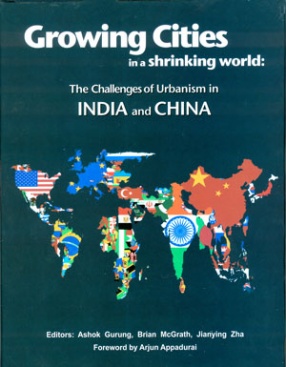Vietnam's Economic Transition: Policies, Issues and Prospects
The Vietnamese economy has undergone a dramatic transformation since the initiation of economic reform, under the banner of Doi Moi, in 1986. Starting with the agricultural sector and then broadening to the industrial sector, the structure of the economy changed dramitically with reform, and also experienced unprecedented rates of economic growth for a considerable part of the 1990s. Foreign direct investment played an important role during this period, and particulraly, in capital intensive activities.
The asian financial and economic crisis of 1997-98, however, affeted the country badly, both in terms of export growth and in the attraction of foreign investment from crisis affliceted neighbours. As a consequence of these developments, economic growth slowed down and it was apparent that more far reaching economic reforms would be required in order to put the economy back on the road to high and sustained growth. In this regard, the role of the domestic private sector is increasingly found to be of particular importance.
This book reviews the progress made in Vietnam's transition economy till date, and emphasises the existing literature on empirical modelling of it. A new model for Vietnam's transition economy is developed and presented, and then utilised to conduct a simulation analysis of key future policy reforms and their potential impact upon the economy.
The range of topics and issues analysed in the book is diverse, pertinent and thought provoking, and provides an invaluable source of reference for scholars of the contemporary Vietnamese economy.
Get it now and save 10%
BECOME A MEMBER








Bibliographic information
Phan Thi Nhiem
Tran Van Hoa